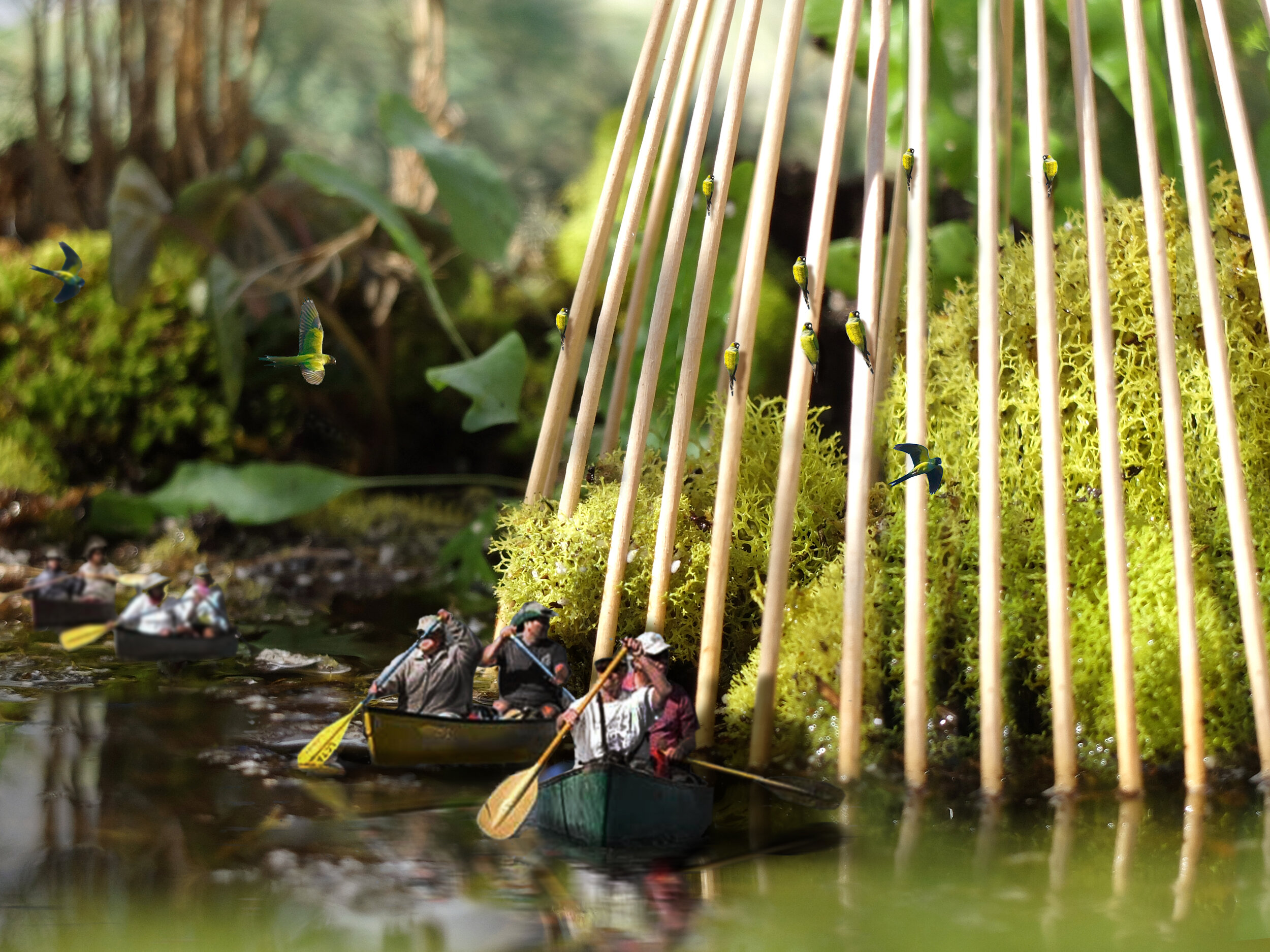Through objects like cages, places like zoos and institutions like preserves and natural parks, humans have represented and produced ideas of nature, informing the relation between our specie and others. These institutionalised spaces and objects have traced boundaries, established ideas of proximity and distance to other living beings, and projected moral and aesthetic values on the environment, ultimately extending the realm of human politics to the totality of the earth. The thesis argues that it is through “placing” that the relation between humans and other animals has evolved, and that the established objects, spaces and rules which mediate between our specie and others are in a state of crisis. The cage no longer domesticates, as everything has already been domesticated; the zoo no longer represents the wild, but constructs fantasies in a tarzanesque vernacular; the national park no longer preserves, but produces “nature”. In other words, the current forms and ideas through which we institutionalised nature no longer help us make sense of it, producing a confusing sense of guilt, helpless concern, and distance. Focusing on birds, the thesis investigates how new objects, places, and definitions can emerge from the crisis of current spatial and juridical models, shaping other forms of encounter between species.








